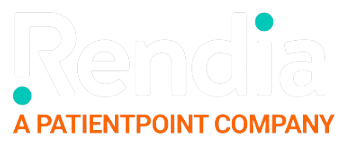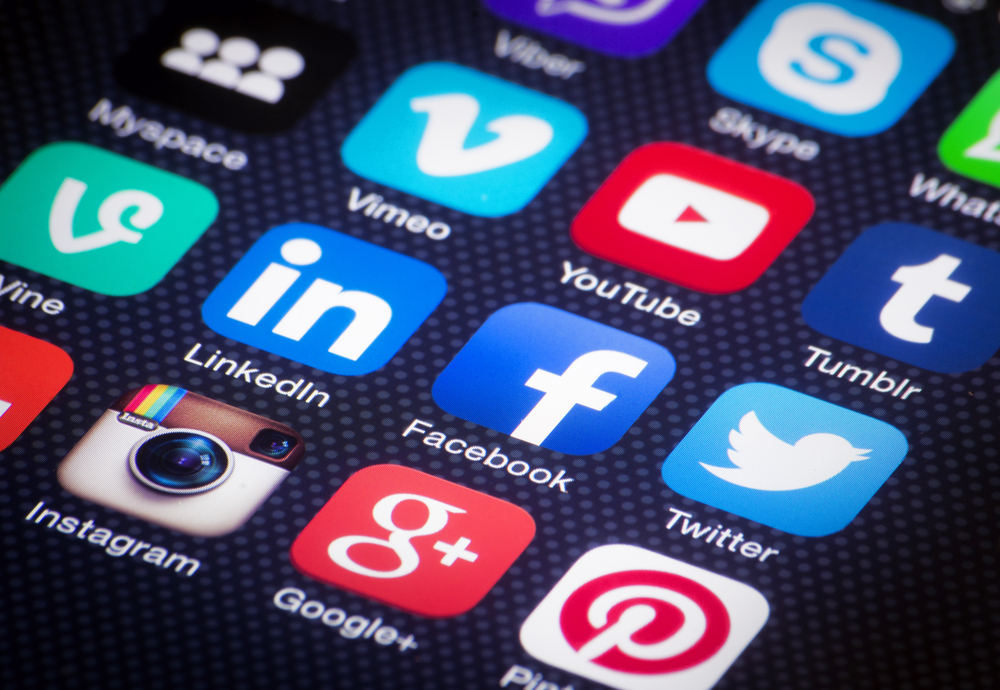The use of social media in health care is on the rise. Patients like to research their health online, and they want tech-savvy doctors. A recent survey found that 41 percent of people said social media would affect their choice of a specific doctor, hospital, or medical facility.
The evidence is clear: if you’re not yet a part of the conversation on social media, you should be. Smart health care providers are keeping up with their patients, using social media to enhance their practice’s visibility and to provide high-quality health information online. However, with doctors busier than ever, how do you make time for social media? Here are some tips on how to get started—quickly.
Which social media platform is best for doctors?
While the numbers vary widely and increase daily, the number of doctors who use social media is increasing. More doctors currently use it for their own knowledge than to share information or interact with patients. Instead of being one more thing on your plate, social media can actually save you time if you use it wisely and focus only on the platforms that will benefit you the most.
A 2012 study in the Journal of Medical Internet Research found that 61 percent of the physician respondents said they use social media once a week or more to look for information, and 46 percent said they contribute new information on social media once a week or more. Nearly 60 percent of respondents said social media is beneficial, engaging, and a good way to keep current on high-quality information. They also said social media helps them care for patients more efficiently and improves the quality of care they provide.
But with all the different social media platforms out there — Facebook, Twitter, YouTube, LinkedIn, Google+, etc.— how do doctors decide where to start? And where should they concentrate their efforts to maximize their time and see the biggest results?
Facebook appears to be the dominant social networking platform, according to data from the Pew Research Internet Project. As of December 2013, some 71 percent of online adults were Facebook users. If you want to reach patients and prospective patients on social media, this is compelling evidence for why your practice should have a presence on Facebook. A recent survey by ZocDoc found that 53 percent of physician respondents have a practice Facebook page. And that can create lucrative results: one physician estimated that she attracted one new patient a week from her blog or Facebook page, translating to an additional $70,000 of average billable income per year.
The case for LinkedIn and doctor blogs
Kevin Pho, M.D., the social-media powerhouse behind KevinMD.com, says that Facebook, Twitter, and blogs all have different strengths, which a doctor can use depending on his or her goals. He suggests doctors start with LinkedIn.
“Spend about 30 minutes or so and create a LinkedIn profile, which is a digital version of your CV. The benefit is that LinkedIn profiles get ranked high on a Google result page, so when patients Google you, a LinkedIn page tends to get seen first, above, say, a profile from a physician rating site,” he said in a Q&A on The Doctor’s Tablet blog.
Pho also makes the case for why doctors should blog. “I consider the self-hosted blog to be the ‘hub’ of a social media presence. The reason is that you own the content and have complete control of its presentation. Contrast that to Twitter or Facebook, where your content resides on their servers, and you are at the whim of their constantly changing privacy settings and terms of agreement,” he told The Doctor’s Tablet.
Using Twitter effectively
Pho said he uses Twitter mainly to keep up with health news and curate information. He has a Twitter list of 40 or so health care users that he follows daily. (Anyone can subscribe to his list here.)
It’s a good idea to take note of how other people are using Twitter before you jump right in and start tweeting links to your practice web site. Follow people and organizations you like and observe what they do. Are they retweeting industry news? Tweeting out links to their blog content or interesting videos? Responding to breaking health stories? If you need help getting started, here are a few good Twitter accounts to follow:
@aao_ophth
@HopkinsMedicine
@Rendia
Another way to find and track information of interest to you on social media is with hashtags (the # symbol), used to mark keywords or topics on Twitter, Facebook, Google+ and other social networking platforms. People use the hashtag symbol before a relevant keyword or phrase (no spaces) to categorize that information and help it show up more easily searches. Clicking on a hashtagged word shows you all other posts marked with that keyword.
How to excel at social media
When it comes to writing good tweets – or Facebook or LinkedIn status updates – there are a few tips to keep in mind. Per the Twitter for Business User Guide:
- Keep it conversational. No marketing-speak or excessive jargon or acronyms.
- Use humor (when appropriate). People want to be educated and entertained on social media.
- Useful = shareable. When you write a tweet or status update, always have a purpose. How will it benefit your followers? People share funny, helpful, newsworthy, or inspiring content. On Twitter, the most retweeted content tends to contain links, pictures, videos, or quotes.
Bear in mind that you don’t have to create all your own content from scratch to share on social media. A benefit of some patient education software is that it’s easy to share high-quality medical videos and other educational content on your practice’s Facebook page, Twitter account, or blog.
Avoiding HIPAA violations
Many doctors cite privacy concerns as a primary reason for avoiding social media. However, if you think of social media as a way to connect with patients collectively, rather than individually, this eliminates those risks, said Pho. “When educating patients on a social network, speak to them as a group. With health news stories breaking on a daily basis, there is ample opportunity for providers to get online and share their perspective.”
And if an unknown patient asks a personal health question on social media, doctors should respond by telling that patient to schedule an appointment with a doctor or call 911 if it’s an emergency.
For more information on using social media in your practice, and how Echo can help you provide quality content, get in touch today.
Image Source: Twin Design / Shutterstock.com

